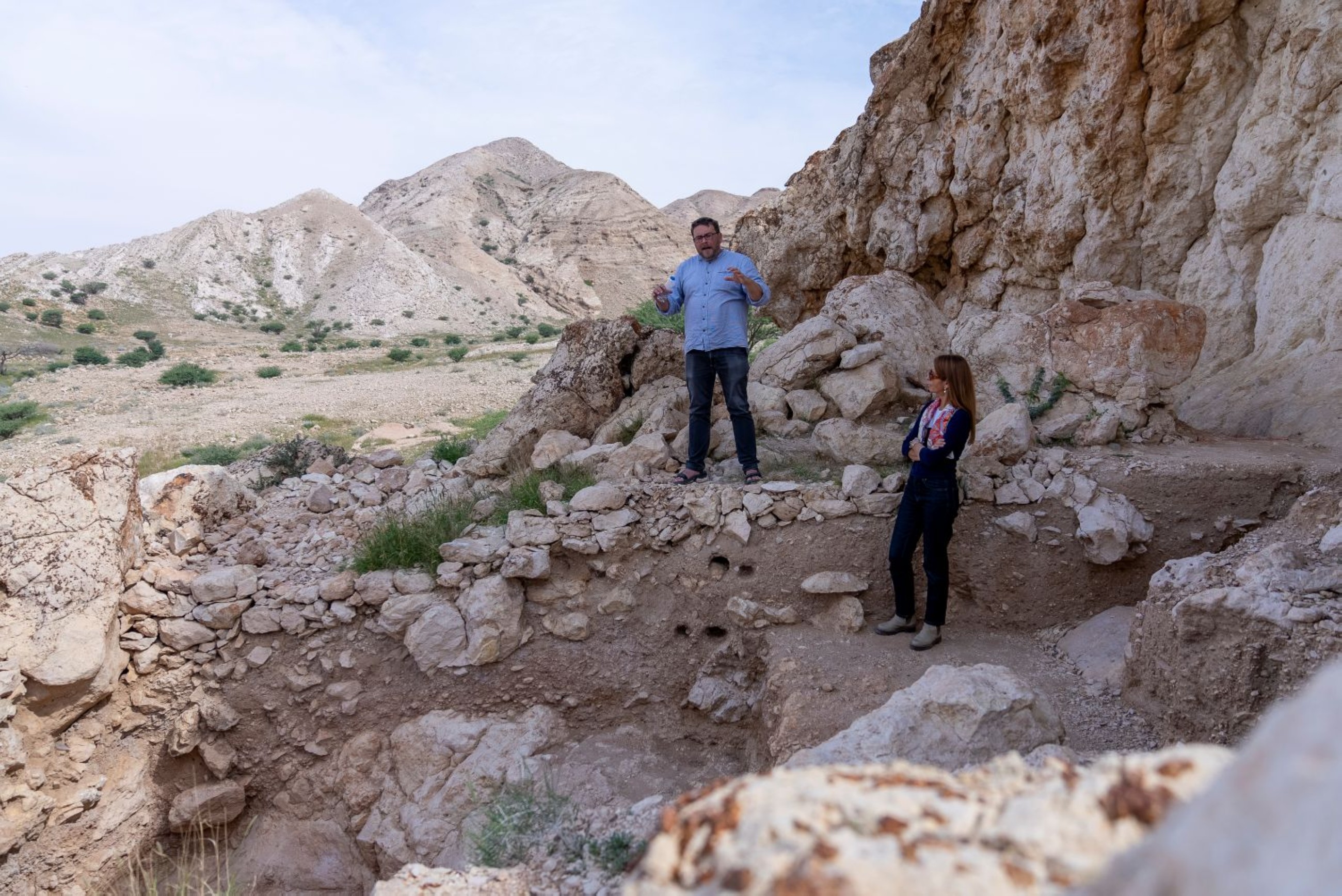80,000-year-old tools found in Sharjah's Jebel Faya reveal 210,000 years of human settlement
Last updated: June 25, 2025 | 15:33

80,000-year-old tools found in Sharjah's Jebel Faya reveal 210,000 years of human settlement
Researchers and scientists during excavation and field visits to the Faya Palaeolandscape site, exploring its rich archaeological heritage.
Gulf Today, Staff Reporter
In the rolling desert landscapes of Sharjah, a remarkable discovery is helping rewrite what we know about early human history. A groundbreaking study, recently published in Archaeological and Anthropological Sciences, a leading peer-reviewed journal by Springer Nature, has confirmed that early humans once lived in the Jebel Faya region around 80,000 years ago — adding a vital new layer to a much older story stretching back 210,000 years.
These new findings go far beyond a timestamp. They reveal how early Homo sapiens didn’t just pass through Arabia — they adapted to its unpredictable climate, inhabited its landscapes, and left behind clues that speak of innovation, resilience, and survival.
The broader Faya Palaeolandscape, the ancient environment surrounding Jebel Faya, emerges not only as a waypoint in human migration but as a long-term settlement — one that supported life, adaptation, and cultural advancement across millennia.
The study is the result of an ambitious international collaboration led by the Sharjah Archaeology Authority (SAA) in partnership with the University of Tübingen and University of Freiburg in Germany, and Oxford Brookes University in the United Kingdom. The project was funded by the German Research Foundation (DFG) and the Heidelberg Academy of Sciences.
When the Climate Spoke, Humans Listened
What makes this discovery especially striking is its timing. The evidence at Jebel Faya ties human presence to the closing chapter of a climatic phase known as Marine Isotope Stage 5a (MIS 5a) — a time of dramatic environmental shifts.
More:
https://www.gulftoday.ae/news/2025/06/25/80000-year-old-tools-found-in-sharjahs-jebel-faya-reveal-210000-years-of-human-settlement
